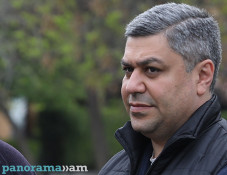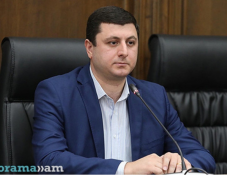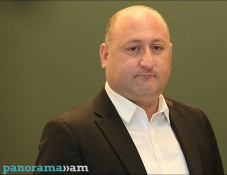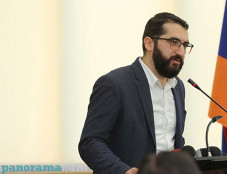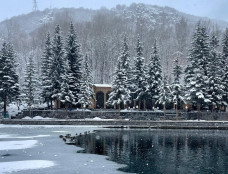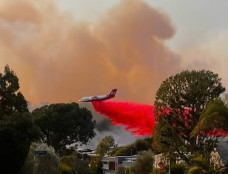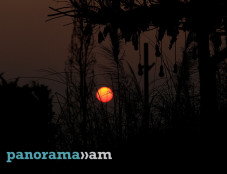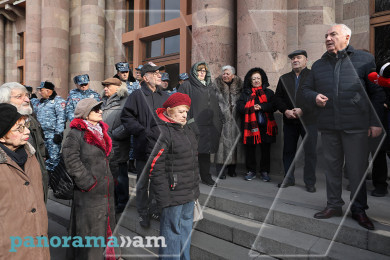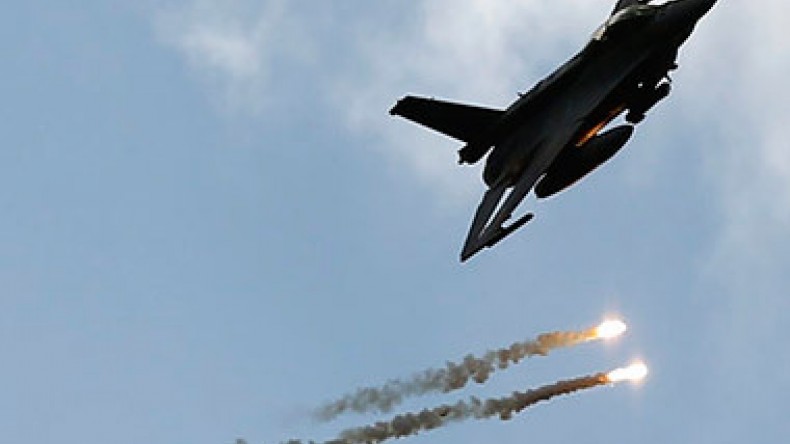
NATO military exercises in Europe - ‘dangerous show of muscles’
NATO war-games are fuelling tensions; one just need to imagine what would happen if Russia sent its planes, tanks and ships to Mexico and held exercises on the American border, Daniele Ganser, a peace researcher and NATO expert from Switzerland told RT.
RT: The situation in Ukraine is said to be the reason for the NATO build-up - despite the fact that the truce there has been acknowledged as largely holding for two months now. Why the show of force?
Daniele Ganser: It’s a dangerous show of muscles and it’s basically the idea of Washington to assure all its NATO allies that the US will send troops to Europe. But what does that mean? It means war in Ukraine and in other countries and that’s not really what Europeans want. So I think these NATO war games are dangerous.
RT: Russia is an integral part of the Normandy Four, which just this week met to discuss lasting peace in Ukraine. Why is it being seen as an aggressor?
DG: Because we have a media war going on. This is called information warfare and people in Switzerland, Germany, Italy, France, Estonia, Latvia and other countries are made to believe that really Russia is the problem. But what we sometimes do in historical analysis – we turn things around. We say “Wait a moment, what would happen if Russian planes, tanks and ships would cross the Atlantic and go to Mexico and stage a war game on the border of the US?” Exactly we would have a situation similar to what we see now with the US troops close to the Russian border. And it would be dangerous. I would say the same thing then, I would say it’s not clever if Russia, for instance, takes Mexico into a military alliance and then carries out military exercises on the US border. That’s not good for peace.
RT: With these war games in Eastern Europe, and naval exercises in the Baltic, some are saying NATO is trying to provoke Russia into a conflict. What do you think?
DG: The danger is that war games can go out of control. These US jets that are now flying over the Baltic states, they are just a few minutes away from Saint Petersburg and if you allow to draw this parallel again, if Russian troops were carrying out exercises in Mexico and would fly along the border of the US. And they in fact fire fake ammunition, but it makes a hell lot of sound and people on the other side of sort of the international border they don’t know whether you can have a mistake. And I really don’t like to see these NATO exercises, they are fueling tensions and that’s not what we need.
RT: We've seen some protests in European countries against the exercises. Do you think they reflect a disconnect between people in Brussels and in Washington and the Alliance itself?
DG: There is a certain disconnect, because you have to look at the record of NATO. What have they achieved in Libya? They bombed the country in 2011 and it’s now basically a failed state with different parties killing each other. If you look at Afghanistan which they started bombing in 2001, what has happened to the country? It’s different groups killing each other and obviously we don’t want that in Ukraine, we don’t want this in Europe. Europeans get more and more critical of NATO.
Newsfeed
Videos







